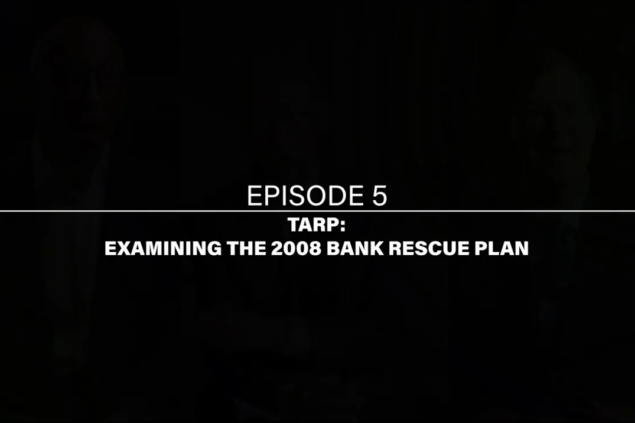The 2023 Bank Runs and Failures: What Do They Mean Going Forward?
This year’s sudden collapse of First Republic, Silicon Valley, and Signature banks were the second, third, and fourth largest bank failures in US history, bringing perceived systemic risk and bailouts of wealthy depositors. In addition, the global Credit Suisse bank collapsed and commercial real estate losses threatened. Politicians, regulators, and bankers are debating why the massive regulatory expansion following the last crisis didn’t prevent the renewed failures. Some emphasize repetition of the classic financial blunder of buying long and borrowing short. Others question the 2018 reforms to the Dodd-Frank Act, or cite the monetary actions of the Federal Reserve. Various proposals include more deposit insurance, mark-to-market accounting, higher capital requirements, more stress tests, or bigger regulatory budgets.
Our expert panel discusses the issues and risks going forward, the outlook for new legislation and regulation, and what, if anything, should be done.
Panelists
Executive VP & Chairman, Banking Supervision & Regulation Group
Patomak Global Partners
Robert Kavesh Professorship in Economics
Leonard N. Stern School of Business, New York University
Topic
The Federalist Society and Regulatory Transparency Project take no position on particular legal or public policy matters. All expressions of opinion are those of the speaker(s). To join the debate, please email us at [email protected].







